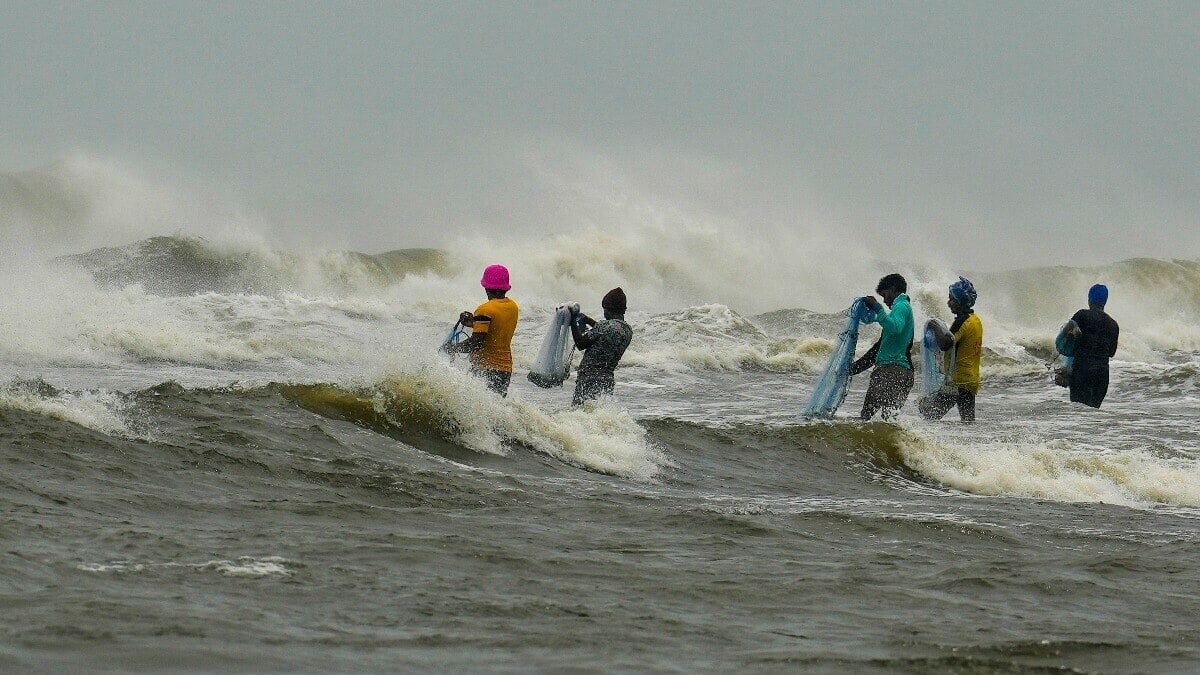
A photo of a southern resident killer whale (SRKW) with a salmon on its head has lit the internet ablaze for its similarities to a “fad” that saw orcas wearing dead salmon as “hats” in the late 1980s. But, researchers say it’s too early to call the recent, single documented sighting a trend. The sighting occurred on Oct.
25 in the Puget Sound, south of Vancouver Island between Victoria and Seattle. “Check out this photo of J27 Blackberry sporting a salmon hat, taken from Point No Point!” wrote the Washington-based Orca Network . The story behind the ‘hats’ Erin Gless, executive director of the Pacific Whale Watch Association in Washington, says the story behind the salmon hats dates back nearly 40 years.

“I wasn’t here for the first round of the ‘salmon hat’ trend, but apparently in 1987, a female from K Pod started carrying a dead salmon on her head,” she told CHEK News on Friday. “Within a few weeks, the other two pods also exhibited the behavior, which served no known function and fizzled out after the year.” Monika Wieland Shields, director of the Orca Behavior Institute in Washington, speculates that this recent sighting was a one-off and not the return of an aquatic fashion statement.
“This was a real trend in the 80s where, over the course of a summer season, Southern Residents carried dead salmon on their heads, one of several whale ‘fads’ that have come and gone over the years,” she said. She says in this case, it’s more likely that the orca was simply hunting, and it was just a lucky moment caught on camera. “In my opinion, it’s a stretch to say it was a salmon hat, and an even greater stretch to say the fad is back off a single photo,” said Shields.
SEE ALSO: ‘Super cool’: Orca double breach, a rare sight, delights onlookers in Comox Deborah Giles, science and research director at the non-profit Wild Orca , agrees that it’s likely not a return of a fad, but thinks it could be an indication that food has been plentiful in the area, and that this orca was either saving the food for later or playing with it. “It could just be they’re getting enough to eat,” she said, “Just like you and me, when you get enough to eat, playing seems more reasonable and we tend to recreate and play and socialize when we’re not starving.” She says southern resident killer whales struggle to survive every day, so they may suppress social activities to focus on finding food.
While the salmon hat idea might be cute, she thinks the bigger story is declining salmon populations, which are the main prey for SRKWs. “They need to eat every day to maintain optimal health. They’re not like other whales – grey whales or humpback whales – that go through and are adapted to go through long periods of fasting,” said Giles.
“So when they’re not getting enough to eat everyday – throughout their entire range, 365 days a year – we just don’t see the types of social behaviour that we might get to see, and they just don’t get to engage with them because they’re too busy trying to forage for food that’s patchy throughout their environment.” The latest census on SRKWs completed in July puts the population at 73 , spread across three pods. Giles says the total is now down to 72.
READ ALSO: 31-year-old southern resident killer whale listed as missing, calf also not seen in most recent encounter.










